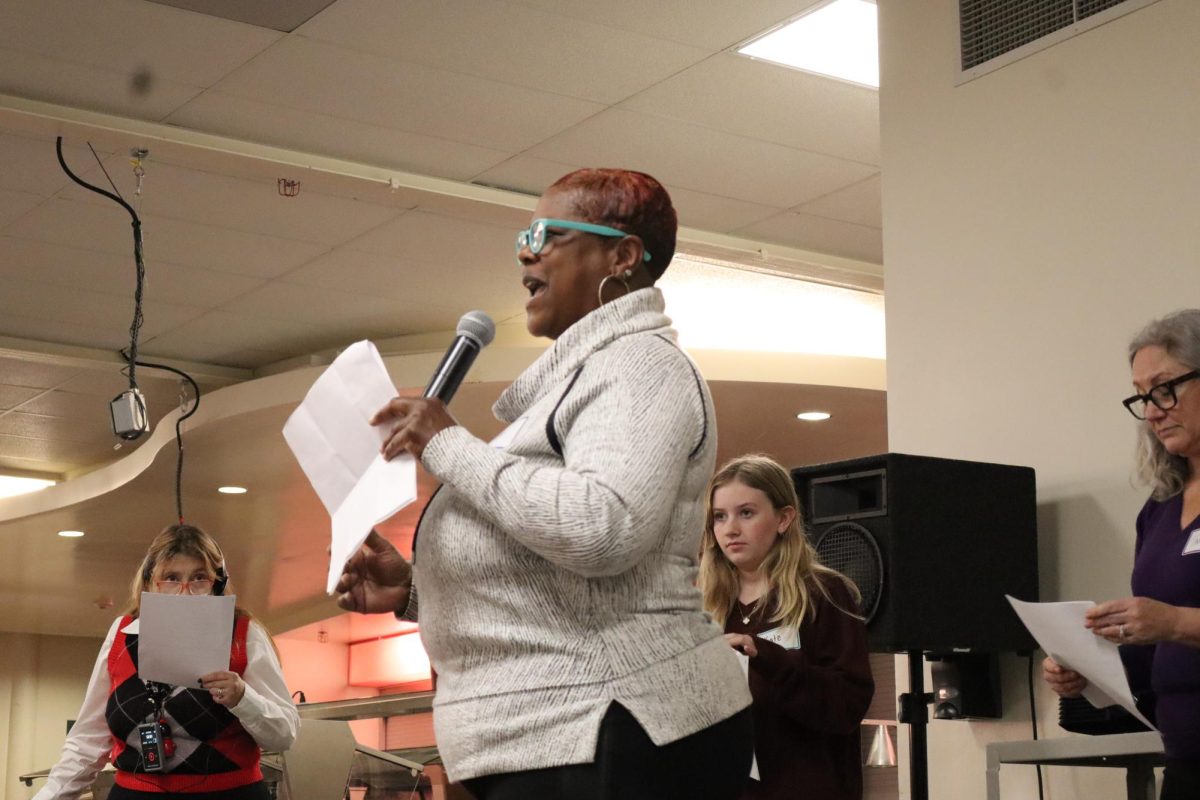In a February press release, CVS announced that it will stop selling cigarettes and all tobacco products in their stores.
A total of over 7,600 CVS stores, including eight in Marin, will stop selling tobacco products as of Oct. 1, due to what CVS called the contradictory nature of selling tobacco products in a place where healthcare is provided.

“Every day, we are helping millions of patients manage chronic conditions like high blood pressure, high cholesterol, and diabetes,” CEO Larry Merlo announced. “All of these conditions are made worse by smoking. Tobacco products have no place in a setting where healthcare is delivered.”
CVS’s decision to remove tobacco products will not affect their San Francisco stores, where a 2008 law banned the sale of tobacco products in stores that have built-in pharmacies. This movement was the first in the country at its time.
According to a 2009 California Healthy Kids Survey, teenage tobacco use is not as large of a problem in Marin as it is in the rest of the country. Eighteen percent of Marin 11th graders report smoking in the past month, compared to the national average of 22 percent, according to the 2009 Youth Risk Behavior Survey.
In addition, smoking rates among adults are lower in California. Eighteen percent of adults in the country report being regular smokers, compared to just 14 percent of adults in California, according to the Center for Disease Control and Prevention.
Linda Henn, program coordinator for the Twin Cities Coalition of Healthy Youth, an organization devoted to reducing underage alcohol, drug, and tobacco use, applauded CVS’s decision and hopes that it will reduce the accessibility of tobacco products in Marin.
“A lot of the work we do in the coalition for alcohol, tobacco, and drugs is geared around reducing access, and obviously CVS, by taking [tobacco] out of their stores, is reducing access, so you would like to think it’s going to have a negative impact, meaning a positive impact in the accessibility,” Henn said.
According to Henn, teenagers growing up in Marin are often raised to believe that smoking is socially unacceptable. Henn said that she hopes the removal of tobacco products from CVS stores will further contribute to this belief.
“I think our youth have been raised in pretty much an anti-smoking culture. You’ve been raised without even ashtrays in cars,” Henn said.
Not only has CVS vowed to stop selling tobacco products, but they have also announced that they will launch a program to help current smokers quit.
“One of the things we’re excited about launching is a national smoking cessation program,” CVS Executive Vice President Helena Foulkes announced in a press release. “We’ll be announcing this program in more detail this spring, and it really will be quite comprehensive in terms of providing services at all 7,600 of our pharmacies, our MinuteClinics, and also bringing online tools to help our customers.”
Henn noted that she hoped to see more anti-smoking marketing.
“I’d like to see them do some marketing around quitting and helping the people who do smoke get healthy and also promoting any health-enhancing aspect of their business,” Henn said.
CVS has stated that they will lose $2 billion in sales from tobacco products. However, this is only a small part of their $123 billion total sales per year.
“It does send a strong message that CVS wants to focus on healthy promoting business practices and is willing to give up a $2 billion product line,” Henn said. “I personally would encourage people to shop at CVS over other drug stores due to this change.”
CVS is the first national pharmacy to pull tobacco products from their shelves. They do not currently sell e-cigarettes.






